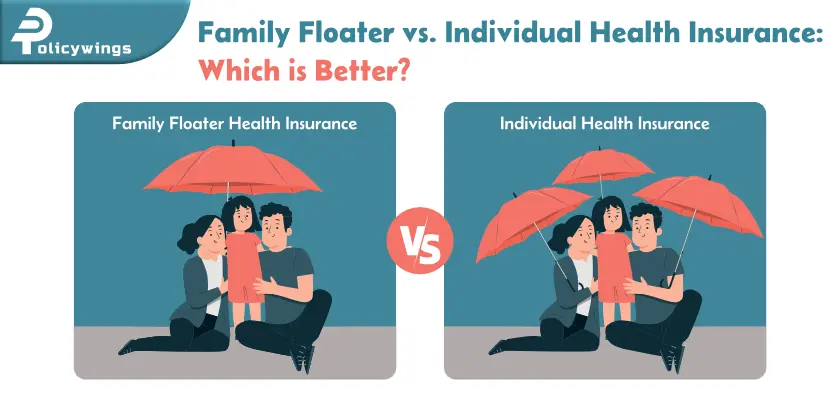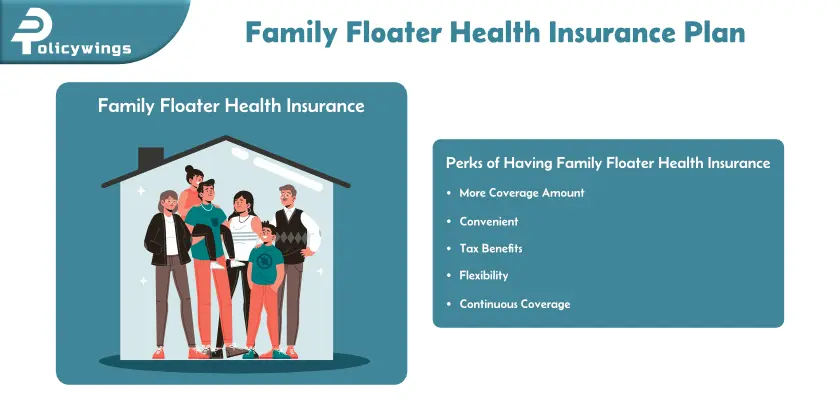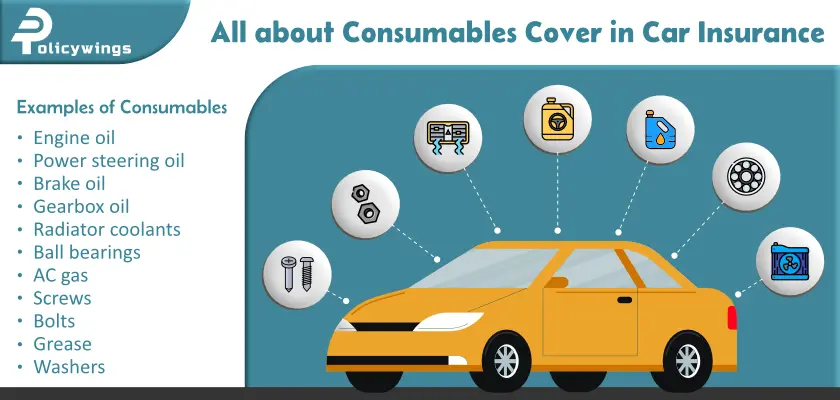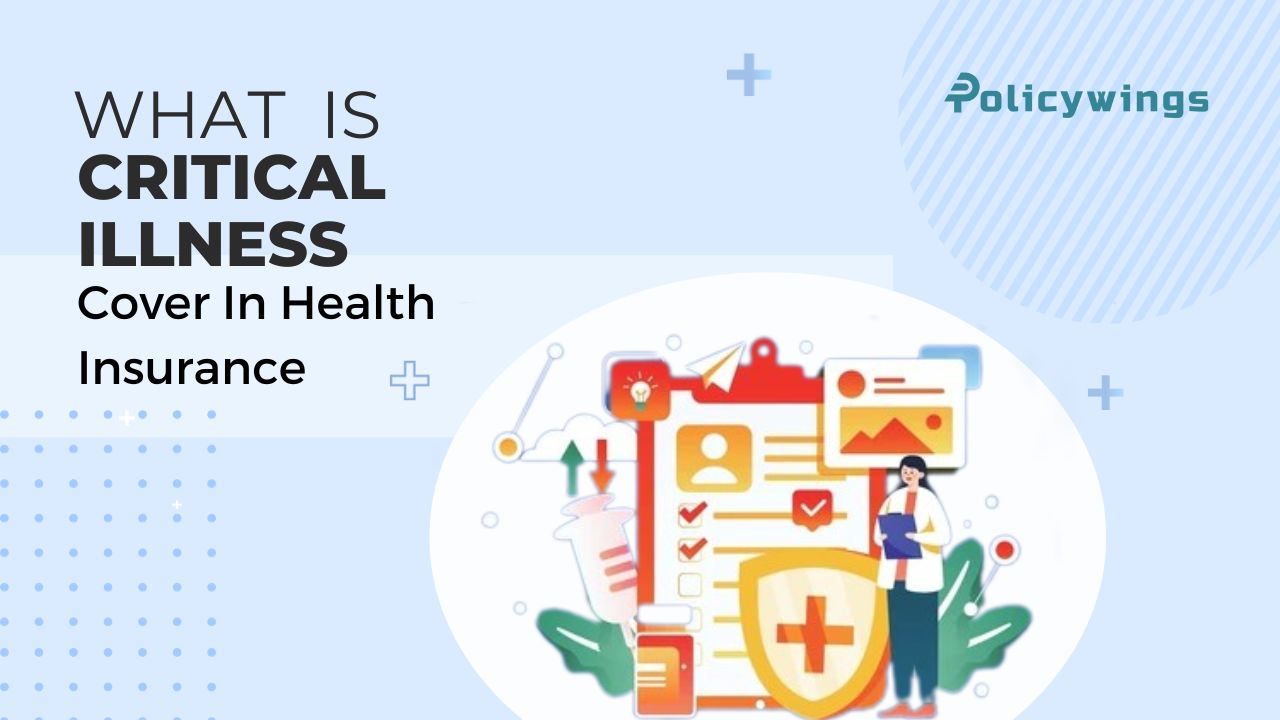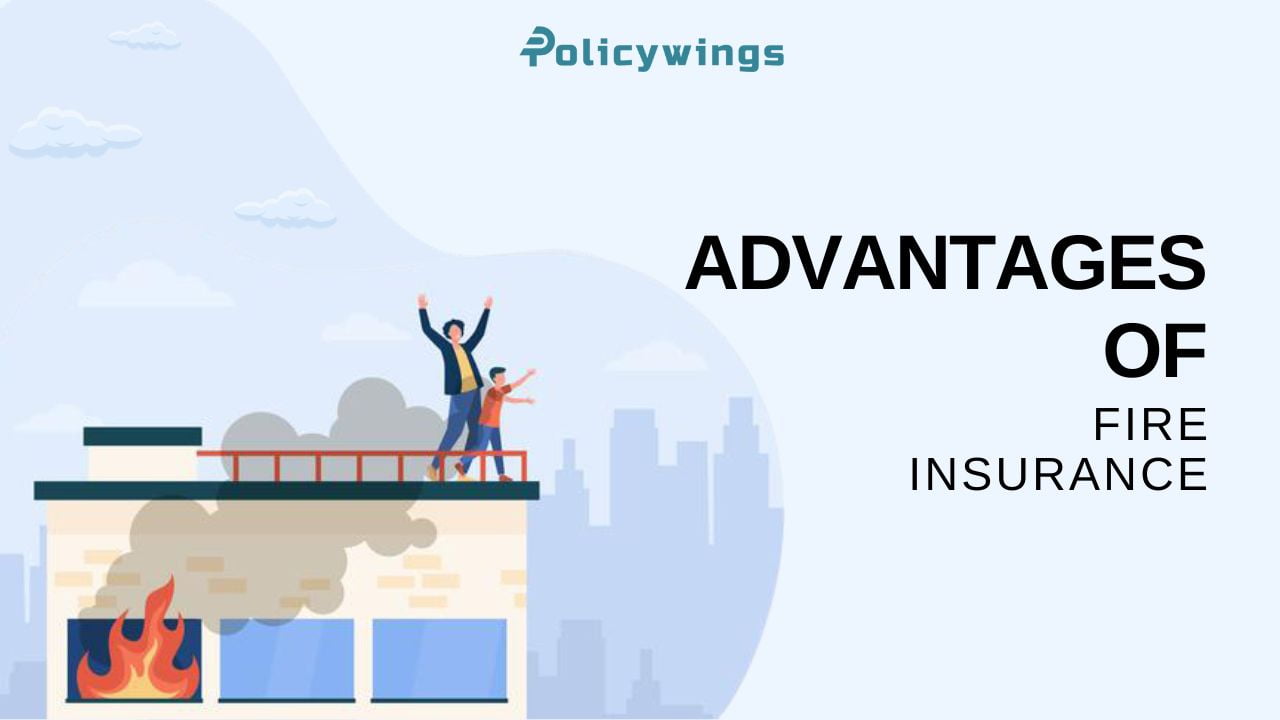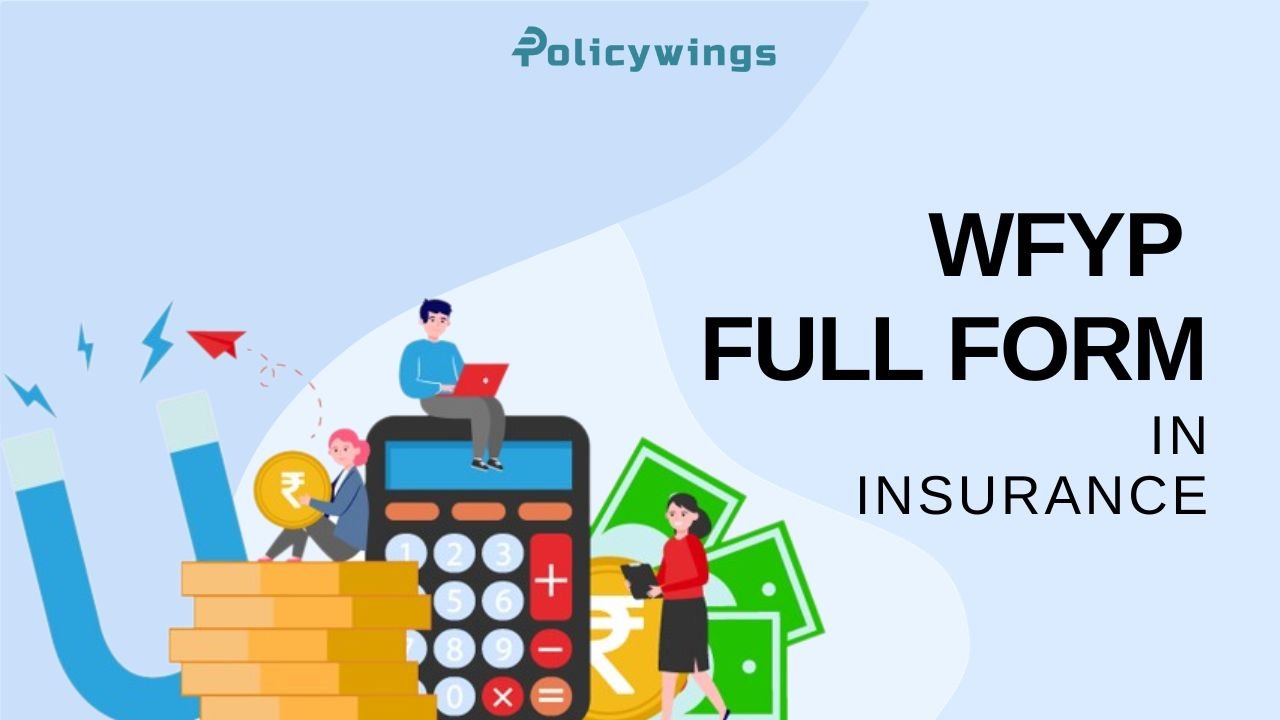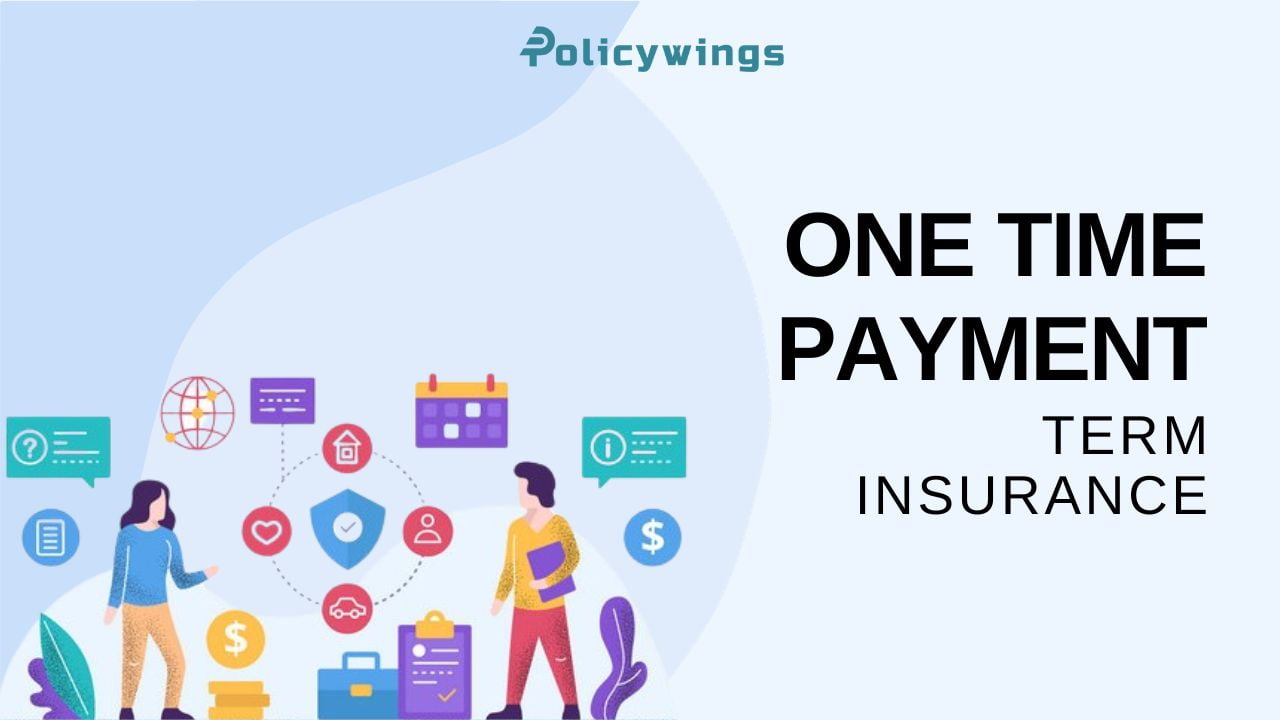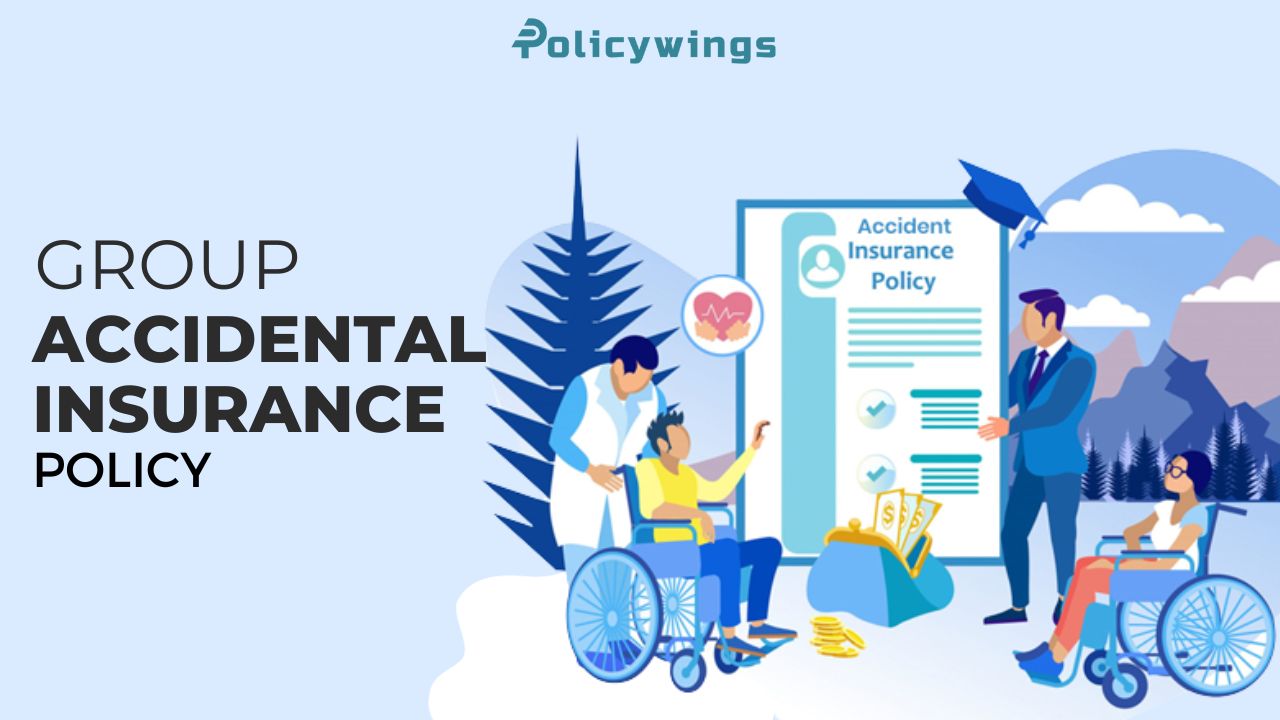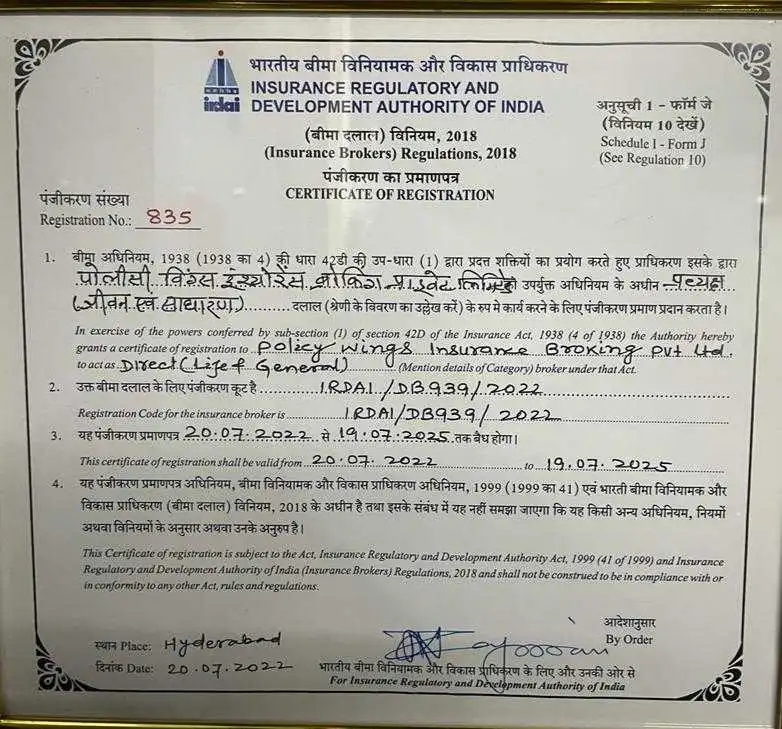Easy Navigation
Waiting Period For Health Insurance
Health insurance is a crucial aspect of financial planning, ensuring that you and your loved ones receive the necessary medical care without worrying about hefty expenses. However, when you purchase a health insurance policy, you may come across the term “waiting period.” Health insurance policies come with a waiting period, which can often be confusing and frustrating for policyholders. Understanding the concept of the waiting period is crucial, as it directly affects when and how you can avail of the benefits of your health insurance plan. In this article, we’ll demystify the concept of waiting periods in health insurance, discuss their types, and importance, and provide insights into how to navigate them effectively.
What is the Waiting Period for Health Insurance?
A waiting period in health insurance refers to the specific duration during which policyholders are not eligible to claim certain benefits or coverage. During the waiting period, policyholders cannot claim for specific pre-defined conditions, treatments, or services. The waiting period is a common feature in most health insurance policies and can vary in duration depending on the type of waiting period and the insurer’s policy. Thus, a waiting period is a buffer period designed to prevent individuals from purchasing insurance only when they foresee immediate medical needs, thus maintaining the integrity of the insurance system.
What are the types of Waiting Periods in Health Insurance?
Following are the various types of waiting periods offered under a health insurance plan. It is important to understand the terms and conditions of the waiting period before availing a health insurance plan.

This is the most common type of waiting period and typically ranges from 30 days to 90 days from the policy’s inception. During this period, policyholders are not eligible to make any claims, except for accidental injuries.

These waiting periods apply to pre-existing diseases (PEDs) and certain medical conditions. After serving the specified waiting period, policyholders can claim benefits related to these conditions.

In some cases, individuals with chronic illnesses may face permanent waiting periods, making them ineligible for any coverage related to those conditions throughout the policy’s duration.

Maternity waiting periods can range from 9 to 48 months, depending on the insurer and the specific plan. Policyholders must wait until this period ends before they can avail of maternity-related benefits.

This waiting period typically lasts for 2 to 4 years and applies to any pre-existing conditions at the time of policy purchase. Once the waiting period is over, policyholders can claim coverage for these conditions.

To include a newborn baby under a health insurance plan, the waiting period ranges from the time of the birth of the baby to 3 years depending upon the terms and conditions of the insurer.

Certain diseases, like diabetes, hypertension, or epilepsy may have specific waiting periods. Policyholders need to fill these waiting periods before claiming benefits related to these ailments.
The following table indicates waiting periods in numerous health insurance plans in India for different health conditions:
| Type of health condition | Waiting period |
| Pre-existing health condition | 1 year to 4 years |
| Psychiatric condition, bariatric surgery, or specific illness | 1 year to 2 years |
| Maternity Waiting Period | 9 months to 4 years |
| Newborn baby inclusion | 9 months to 3 years |
| Initial waiting period | 0 days to 30 days |
| Accidental Hospitalisation | 0 days |
| Covid Coverage | 30 days |
What is the Importance of Waiting Period in Health Insurance?
The importance of a waiting period in health insurance can be understood through several key reasons:
1. Risk Management:
Waiting periods serve as a risk management tool for insurance companies. They help mitigate the adverse selection problem, where individuals might buy insurance only when they anticipate needing immediate medical treatment. Without waiting periods, people could exploit the system by purchasing insurance only when they are already aware of an impending medical expense. This would lead to higher costs for insurers and potentially result in higher premiums for all policyholders.
2. Cost Control:
Waiting periods prevent policyholders from making substantial claims for expensive treatments or pre-existing conditions shortly after buying a policy. By delaying coverage for certain conditions, insurers can better manage their financial obligations and maintain stable premium rates.
3. Encouraging Long-Term Commitment:
Waiting periods encourage policyholders to maintain their health insurance coverage over an extended period. By waiting for a specific duration before covering certain conditions, insurers incentivize policyholders to stay committed to their policies, which can benefit both the insurer and the insured.
4. Preventing Immediate Claims:
Without waiting periods, individuals could potentially buy insurance just before undergoing a planned medical procedure or when they are already aware of a health issue. Waiting periods help prevent such practices and ensure that individuals contribute to the policy for some time before making significant claims.
5. Balancing Risk:
Waiting periods help balance the risk for insurers. By staggering the coverage for different conditions over time, insurers can ensure that they have a diverse pool of policyholders, some of whom may not need immediate medical attention while others do. This balance helps insurers manage their overall risk exposure.
Thus, waiting periods in health insurance play a crucial role in maintaining fairness, stability, and sustainability within the insurance system. They protect the interests of both insurers and policyholders by discouraging unethical practices and ensuring that insurance remains a viable and affordable option for all.
Why do health insurance plans have waiting periods?
As seen above the basic need for having waiting periods in health insurance plans has emerged due to unethical practices aimed at obtaining insurance benefits. Numerous individuals purchase health insurance policies with the deliberate intent of securing coverage immediately. Thus, Waiting periods serve several essential purposes:
● Prevent Adverse Selection: Waiting periods deter individuals from buying insurance only when they anticipate imminent medical expenses, thus maintaining a balanced risk pool.
● Control Costs: They help insurers manage costs by ensuring that individuals do not claim expensive treatments immediately after purchasing a policy.
● Encourage Long-term Commitment: Waiting periods encourage policyholders to maintain their coverage for an extended period, promoting responsible health insurance behaviour.
Difference between waiting period and exclusion
While buying a health insurance policy it is imperative to understand the difference between two important terms of health insurance i.e. exclusions and waiting period. A waiting period as mentioned earlier is a timeframe where certain health conditions are not covered under the health insurance plan. While waiting periods are temporary, exclusions are permanent restrictions on coverage for specific conditions or treatments. Exclusions are usually mentioned explicitly in the policy documents while waiting periods are more general. Thus, it’s crucial to distinguish between waiting periods and exclusions.
IRDAI’s Notifications on the Waiting Period
The Insurance Regulatory and Development Authority of India (IRDAI) periodically updates guidelines and regulations related to waiting periods in health insurance. Policyholders should stay informed about these changes to make well-informed decisions regarding their health insurance coverage.
Is it Possible to Reduce the Waiting Period?
The waiting period is an important factor to be considered while purchasing a health insurance policy. Whether or not to reduce the waiting period of a health insurance policy is decided by the insurance provider. Some insurance-providing companies offer an option to reduce the waiting period while some insurance providers do not offer this facility. However, Yes, it is possible to reduce waiting periods through add-on covers. These add-on covers are provided as riders by the health insurance providers. These riders allow policyholders to lower waiting periods for specific conditions or treatments, providing more comprehensive coverage. Thus, the option to reduce the waiting period is available by paying an extra premium for the rider.
What is a Zero or No Waiting Period?
Zero or no waiting period refers to a situation where policyholders can claim benefits immediately, without any waiting period, for certain treatments or conditions. However, these policies often come with higher premiums. A zero or no waiting period helps customers enjoy full health insurance coverage from the inception of the health insurance plan.
Things to Note about the Health Insurance Waiting Period
1. Thoroughly read the policy document to know the waiting periods that apply to your coverage. It is important to know the terms and conditions of the health insurance plan as it will give a clear picture of what is included and/or excluded from the health insurance coverage, to what extent is the coverage available, and from when the health insurance coverage is applicable.
2. It is important to understand that if there is a break in a health insurance plan then coverage ends. Therefore it is imperative to maintain continuous coverage and to avoid restarting waiting periods.
3. If you have specific health needs, consider purchasing add-on riders to reduce waiting periods.
4. If you are diagnosed with a disease for the 1st time during the waiting period, then any such disease shall not be considered as a pre-existing health condition and the health insurance plan shall cover such health condition.
5. Nowadays, the waiting period for the health insurance of senior citizens can be excluded by opting for the co-pay clause i.e. where the insurance company and insured agree to bear the cost of the claim at an agreed percentage.
How does the waiting period in health insurance work?
The waiting period under a health insurance policy begins from the policy’s inception date or the date of diagnosis, depending on the insurer’s terms. As the name suggests, under a waiting period Policyholders must wait until the specified period expires before they can make claims.
Under what circumstances is the waiting period implied?
The waiting period is an important factor when buying a health insurance plan. They are implied by the insurance provider under the following circumstances:
At the start of a new policy.
When switching to a new insurer.
When upgrading to a different plan within the same insurer.
Difference between survival period and waiting period in health insurance
Survival Period and Waiting period are two important factors that any customer planning to buy a health insurance plan should understand. There is a difference between these terms. The survival period is the duration a policyholder must survive after being diagnosed with a critical illness to be eligible for a payout. It differs from the waiting period, which is a fixed timeframe at the beginning of the policy. Let us understand the difference between the two with the help of an example, for instance, A critical illness plan has a waiting period of 90 days and a survival period of 30 days, in this scenario, if a policyholder is diagnosed with a critical illness he will have to wait 90 days for the critical illness to be covered under the health insurance plan while he must survive for 30 days after diagnosis to receive the survival benefit.
Additional points to remember about health insurance waiting periods
Following are a few more additional points about waiting periods under a health insurance policy that everyone should keep a note of:
● Waiting periods vary among insurers and policies, so compare them carefully.
● Claims related to accidents are usually exempt from initial waiting periods.
●Usually health insurance claims are rejected due to non-disclosure or misrepresentation of a pre-existing health condition. Therefore it is important to avoid misrepresentation or non-disclosure of pre-existing conditions to prevent claim rejection.
To Sum Up!
Waiting periods in health insurance are essential to maintain the sustainability of the system and control costs. Understanding the various types of waiting periods and their implications can help you make informed decisions when selecting a health insurance plan. Additionally, consider add-on riders and continuous coverage to manage waiting periods effectively and secure comprehensive healthcare coverage for you and your family.
Frequently Asked Questions
Yes, some of the insurance providers offer the facility to reduce the waiting period for a specific health condition. In order to reduce waiting periods you are required to purchase add-on riders or opt for policies with lower waiting periods.
Yes, most health insurance policies allow claims for accidental injuries during the waiting period.
If you switch insurers, you may need to serve a waiting period again, depending on the new policy's terms.
No, waiting periods can vary significantly between insurers and policies, so it's essential to compare and choose a plan that suits your needs.
In case a health insurance claim is filed before the completion of a waiting period it will be denied by the insurance provider. However, accidental hospitalisation is an exception.
Leading Health Insurance Companies






